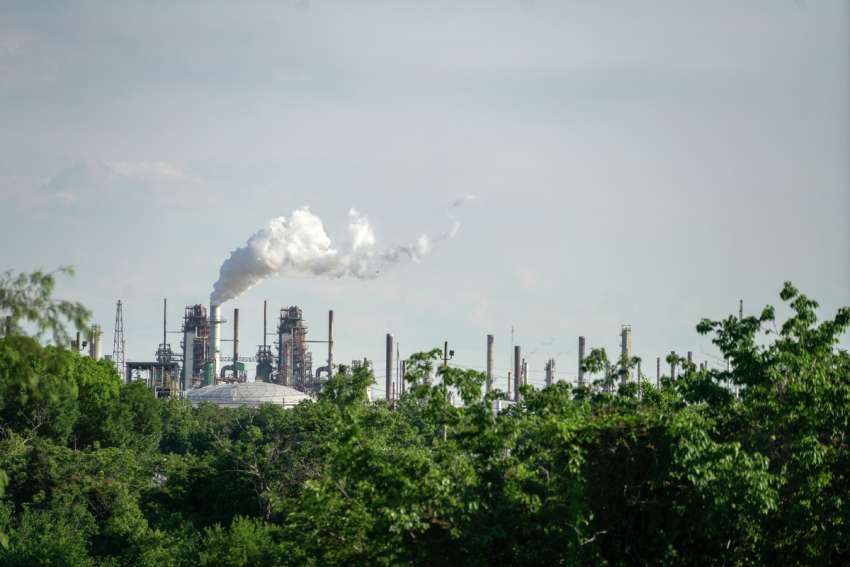The Lacombe province of the Oblates of Mary Immaculate is getting close to a divestment announcement of its own.
This divestment is foreshadowed by St. Joseph’s Parish in Ottawa pulling its funds out of fossil fuels and making this year’s list of divestors.
The Oblate parish, which is financially independent from the Archdiocese of Ottawa, had relatively minor commitments of funds invested in pipelines and oil exploration. But taking a stand against planet-heating energy was a priority for St. Joseph’s parishioners, parish executive director Chris Adam told The Catholic Register.
“It’s a question that is of great importance to our parishioners,” Adam said. “They look at these things. They want us to be investing the money we have ethically.”
The parish has just under $1 million invested.
If the ecological footprint of investments is important for the Oblate parish, it’s also a priority for the Oblates themselves.
“We are actively moving ahead with the conversation around divestment from fossil fuel companies,” OMI Lacombe provincial superior Fr. Ken Thorson said in an email.
It wouldn’t be the first time the Lacombe Oblates have adjusted their investments to line them up with their conscience. A few years ago, OMI Lacombe divested from Canadian mining firms with operations in poor countries. At the same time, the missionary priests “fully supported the advocacy of Development and Peace-Caritas Canada to strengthen the role of Canada’s Ombudsperson for Responsible Enterprise,” Thorson said.
On fossil fuel divestment the Lacombe OMIs are approaching the question methodically, speaking with treasurers and financial managers for other religious orders who have already divested, including the Congregation of St. Joseph, Loretto Sisters and Jesuits.
“We are discerning how full divestment from fossil fuel companies can become another way to live into our missionary vocation,” Thorson said.
The divestment idea isn’t limited to the Lacombe province, which covers English-speaking Canadian OMIs in Western and central Canada, Thorson said. The 37th general chapter of the global order resolved that Oblates must “prioritize ecological conversion as a fundamental part of our lives and an integral part of our evangelization.”
Seeing its Ottawa parish take the plunge first is good news, as far as Thorson is concerned.
“We are encouraged to see lay people take the lead at one of our Oblate parishes,” he said.


